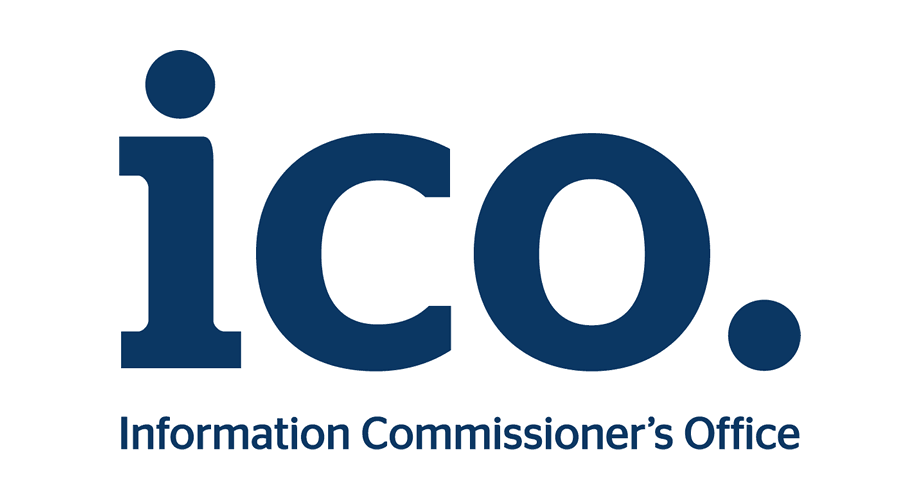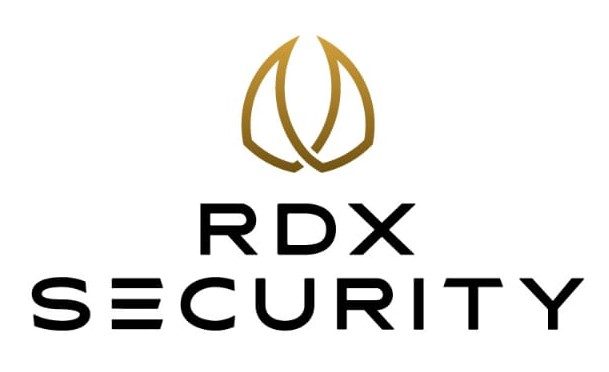Tax Implications of Unapproved Share Option Plans: Detailed Guide
- December 2023
- 5 minutes
Unapproved share option plans are a type of discretionary option plan where a specific number of options are granted to an individual. These options grant the individual the opportunity, at a predetermined date or point in time, to purchase a specified number of shares (known as underlying shares) at a fixed price.
One notable feature of unapproved share option plans is that there are no upfront costs associated with acquiring these options. Additionally, individuals are not required to pay any money unless the underlying shares increase in value sufficiently. This low-risk aspect makes the tax treatment and rates applicable to unapproved share option plans often resemble those of cash bonuses.
In this article, we will delve deeper into unapproved share option plans, their benefits, and their tax implications. By the end, you’ll have a better understanding of how these plans work and their potential advantages for both employers and employees.
 Understanding the Terms and Conditions of Stock Options
Understanding the Terms and Conditions of Stock Options
Unapproved share option plans offer greater flexibility in crafting their rules compared to approved plans, as they don’t require approval from HMRC. This flexibility allows these plans to better align with the specific needs and objectives of the issuing company.
While each set of rules for unapproved share option plans can be unique, there are several key areas common to all plans, including the option period, vesting conditions, and leaver provisions.
 Option Period:
Option Period:
The option period is the duration during which the options are available for exercise, extending from the grant date to a future agreed-upon date. This period can vary in length according to the company’s preferences.
 Vesting Conditions:
Vesting Conditions:
Vesting conditions are crucial prerequisites that must be met before an employee can exercise their options. These conditions can be categorized into two main types: time requirements and performance conditions.
Time Requirements: These specify the minimum duration an option must be held before it can be exercised, reflecting the company’s desired holding period for the employee.
 Phased Vesting:
Phased Vesting:
Sometimes, options may vest gradually, allowing a portion to be exercised at specific future dates.
Performance Conditions: In addition to time requirements, options may also hinge on meeting performance conditions, which can be personal or tied to corporate performance. To ensure clarity, it’s advisable to set performance conditions that can be objectively measured.
 Leaver Provisions:
Leaver Provisions:
Leaver provisions outline the rights an employee retains concerning their options when they leave their employment or end their association with the company. Typically included in retention packages for employees, directors, or consultants, these provisions often result in options lapsing upon termination.
Understanding these key terms and conditions of unapproved share option plans is essential for both employers and employees. It provides the flexibility to tailor plans to the company’s needs while ensuring clarity and fairness for all parties involved.
 Grant of options
Grant of options
Exercise Price: One of the critical terms in a share option plan is the exercise price. Importantly, no tax liability arises at the time of granting share options. Therefore, companies have the flexibility to set the exercise price at any figure, starting from the nominal value of the shares and going upward.
No Limits on Granting Options: Unapproved share option plans offer the advantage of not having limits on the number of options that can be granted. Consequently, companies often use unapproved plans alongside approved ones, especially when the intended award level exceeds the limits permitted by an approved share option plan.
By establishing clear Rules and key terms in your share option plan, you provide a transparent and legally sound framework for both your company and employees. This not only ensures compliance but also helps in achieving your organisation’s objectives effectively.
 Tax Implications of Share Option Exercise: What You Need to Know
Tax Implications of Share Option Exercise: What You Need to Know
When an employee exercises their share options, certain tax considerations come into play. Here’s a simplified overview:
- Tax on Gains: Upon exercising share options, employees may face a tax charge. This charge is typically calculated as the difference between the price paid for the shares and the market value of the underlying shares on the exercise date.
- National Insurance Contributions (NIC): Unless the acquired shares are considered readily convertible assets (RCAs) with a readily available market or buyer, no NIC is typically due, both for the employee and the employer.
- Payment to the Company: To complete the share option exercise, the employee is required to provide a sum of money to the company. This sum is calculated as the total number of options exercised multiplied by the exercise price.
- Tax and NIC Liability: Additionally, the employee is responsible for covering the tax and NIC liabilities associated with acquiring the shares at the relevant date. It’s important to note that if some of the acquired shares cannot be sold in time to cover these liabilities, the employee may need to secure the necessary funds from alternative sources.
Understanding these tax implications is essential for both employees and employers to ensure a smooth and compliant share option exercise process.
 The Tax Implications for Companies in Option Grants
The Tax Implications for Companies in Option Grants
When a company grants options to its employees, it’s important to understand the tax implications. Here’s a breakdown of the key points:
Non-Taxable Event for the Company: The act of granting options itself does not create a taxable event for the company. However, if the underlying shares acquired through option exercise are considered readily convertible assets (RCAs), the company becomes liable for Employers’ National Insurance Contributions (NIC) when the options are exercised. In such cases, the Employers’ NIC is payable to HMRC as part of the PAYE payment for the corresponding tax month when the exercise occurs.
Corporate Tax Deduction: Under the Corporate Tax Act 2009, Part 12, the company may be eligible for a tax deduction. This deduction is typically equal to the total amount assessed and liable to income tax on the individual employee, plus any Employers’ NIC payments made.
Understanding these tax implications is crucial for companies to effectively manage their financial responsibilities and ensure compliance with tax regulations.
 Tax Implications for Individuals in Share Option Plans
Tax Implications for Individuals in Share Option Plans
Understanding the tax aspects of share options for UK resident individuals is crucial. Here’s a simplified breakdown of the key points:
- Non-Taxable Receipt: For a UK resident individual, receiving share options is not a taxable event in itself.
- Income Tax on Exercise: When an individual exercises their share options, they become liable for income tax. This tax is calculated based on the difference between the exercise price and the market value of the underlying shares on the exercise date.
- RCA Considerations: If the acquired shares are considered readily convertible assets (RCAs), both income tax and Employee’s National Insurance Contributions (NIC) are initially paid by the employing company to HMRC. However, it’s important to note that the individual is responsible for reimbursing these monies to the company within 90 days to avoid additional charges for late reimbursement.
- Non-RCA Shares: When the acquired shares are not classified as RCAs, only income tax is applicable. This tax is typically settled by the individual through their self-assessment tax return (SATR) in the usual manner.
Understanding these tax obligations is essential for individuals participating in share option plans, ensuring compliance with tax regulations and timely payment of taxes.
 Tax reporting requirements for the individual
Tax reporting requirements for the individual
Certain tax aspects related to share options for UK resident employees don’t require reporting. Here’s a simplified and SEO-friendly explanation.
- Non-Reportable Acquisition: UK resident employees receiving share options typically don’t need to report the initial acquisition of these options.
- Reporting for RCA Shares: When the shares acquired qualify as readily convertible assets (RCAs), all relevant taxes paid during the exercise of the option should be meticulously documented on the employee’s P60, which they receive from their employer. In most cases, there’s no additional reporting necessary.
- Reporting for Non-RCA Shares: In instances where the acquired shares do not fall into the RCA category, current regulations mandate employees to record the amount owed on the supplementary information pages of their Self-Assessment Tax Return (SA101).
Understanding these reporting requirements ensures that employees meet their tax obligations accurately and in accordance with prevailing tax laws.
We help taxpayers in the UK to ensure compliance with HMRC – It is a legal responsibility. If you need help in submitting your annual reports, please do feel free to get in touch with us by completing the contact us form.

















